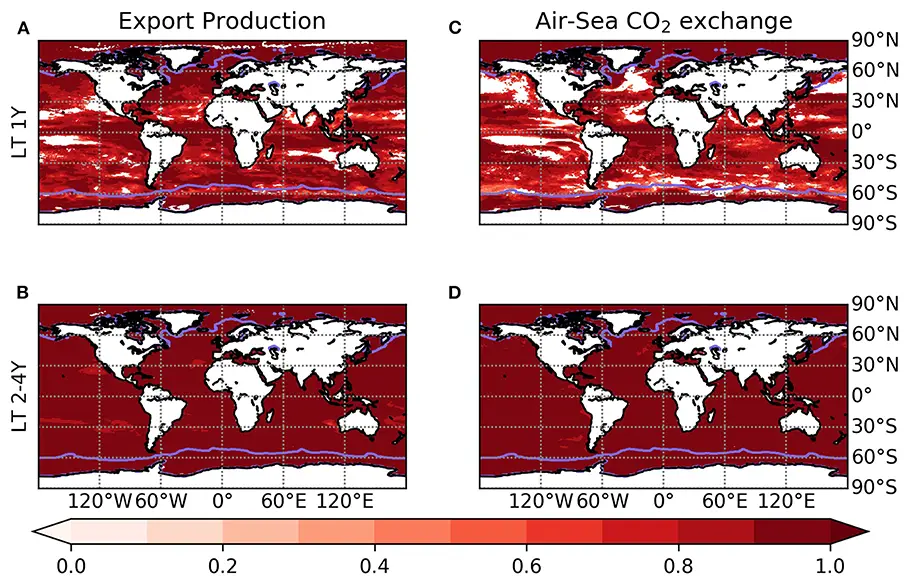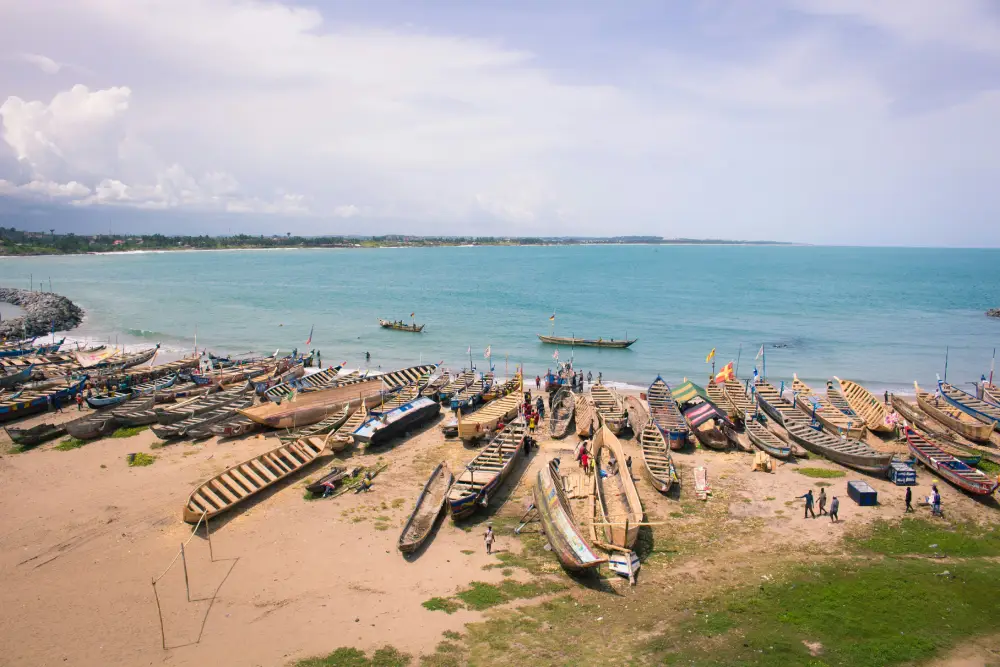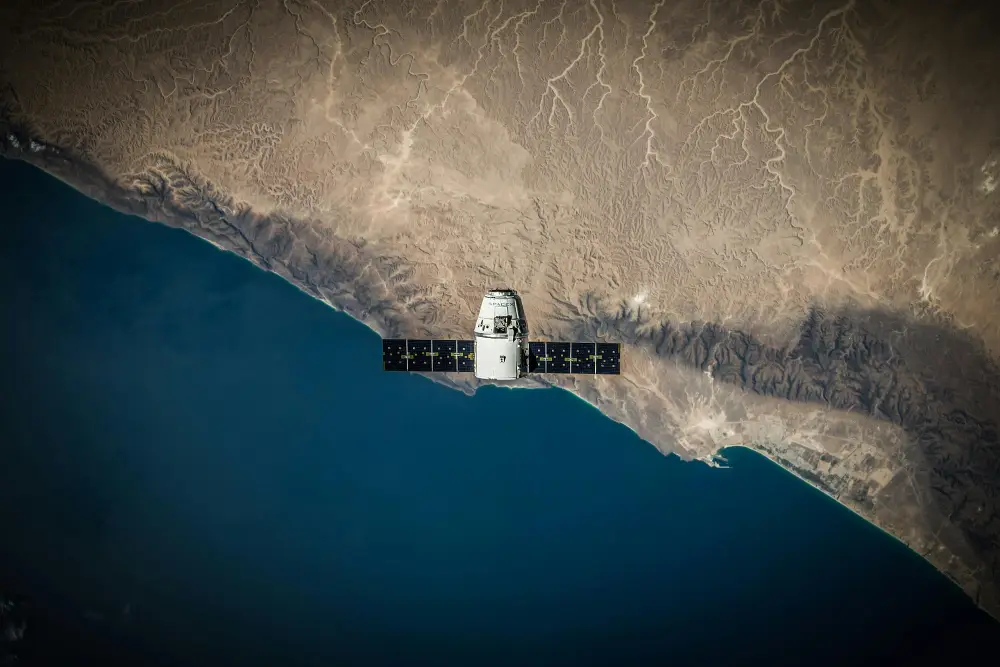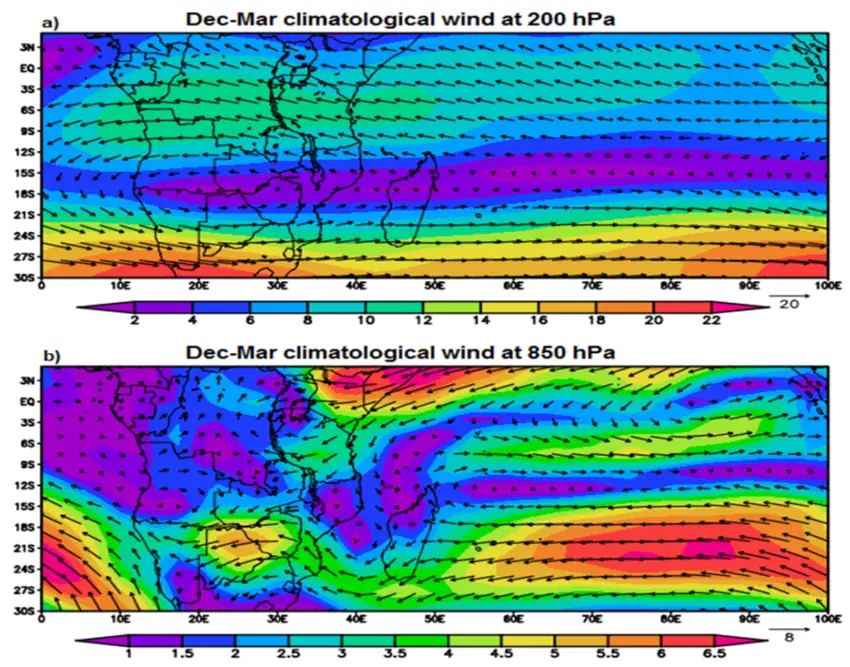Research themes
Developing research capacity in Africa for understanding and predicting the state of the ocean and its ecosystems.
The Nansen-Tutu Centre for Marine Environmental Research aims to develop a system to routinely collect data via satellite and direct observations in the ocean – known as operational oceanography.
Specifically, its work focuses on designing and implementing operational oceanography and methods of data integration into models in the South Atlantic Ocean, the Indian Ocean and the Southern Ocean.
Hosted at the University of Cape Town (UCT) in South Africa, the Nansen-Tutu Centre for Marine Environmental Research facilitates access to these vital bodies of water. This enables novel research of the unique ecosystems, biodiversity, and natural and marine resources found here.
Research themes at the centre and its projects align with five key research priorities:
- Capacity building and education with a focus on African students.
- Ocean modelling and prediction.
- Ocean-atmosphere interaction, climatology, and regional impact.
- High-resolution satellite remote sensing of the regional seas.
- Regional sea-level variability and global change.
Our Research Themes
Ocean modelling and prediction
Group coordinator: Annette Samuelsen (NERSC)
Co-investigators: Issufo Halo (CPUT), Francois Counillon (NERSC), Jennifer Veicht (SAEON)
We develop and utilise advanced computational models to simulate oceanic processes and forecast future ocean conditions. These models help us understand complex ocean dynamics, such as currents, temperature distributions, and biogeochemical cycles.
By improving our predictive capabilities, we can provide valuable insights into marine resource management, disaster preparedness and climate change mitigation. This work also supports international collaborations, enhancing global efforts to monitor and protect the world’s oceans.
Through continuous refinement and application of these models, we strive to deliver accurate and actionable data.
Ocean-atmosphere interaction, climate variability and regional impacts
Group coordinator: Babatunde Abiodun (NTC/UCT)
Co-investigators: Marek Ostrowski (IMR), Noel Keenlyside (UIB), Founi Mesmin Awo (NTC)
Our research focuses on studying these interactions between the ocean and atmosphere to reveal how they influence weather systems, climate variability and extreme events.
By examining phenomena such as Benguela Niño, cyclones and marine heatwaves we aim to improve regional climate models and provide better forecasts. Our work also investigates the effects of climate change on ocean-atmosphere interactions, contributing to global climate science.
By linking atmospheric conditions with oceanic responses, we offer comprehensive insights into climate dynamics, which are vital for developing effective adaptation and mitigation strategies for vulnerable communities.
High resolution ocean satellite remote sensing
Group coordinator: Marjolaine Krug (DFFE)
Co-investigators: Jonny A. Johannessen (NERSC), Morten Hansen (NERSC), Anton Korosov (NERSC)
The use of high-resolution satellite remote sensing technology enables precise and detailed data about the physical and biological properties of regional seas. With this cutting-edge approach we can monitor sea surface temperatures, chlorophyll concentrations, and ocean currents with great accuracy.
By analysing satellite imagery, we can track changes in marine ecosystems, identify upwelling and marine heat wave events, and detect harmful algal blooms.
Our remote sensing capabilities also support climate research by providing data on sea ice extent, sea level rise, and other critical indicators.
This technology enhances our ability to conduct large-scale environmental monitoring of the ocean.
Regional sea level variability and global change
Group coordinator: Bernardino Nhantumbo (NTC/INAM)
Co-investigators: Bjorn Backeberg (Deltares), Jonny A. Johannessen (NERSC), Morten Hansen (NERSC)
Our research identifying the drivers of sea-level changes – such as thermal expansion, glacial melt and ocean circulation patterns – is crucial for understanding the impacts of global climate change on coastal areas.
Our findings help inform coastal management plans, disaster risk reduction strategies and climate adaptation policies.
Understanding regional sea-level variability also contributes to broader climate change research, providing insights into global patterns and helping to address the challenges posed by rising seas.




